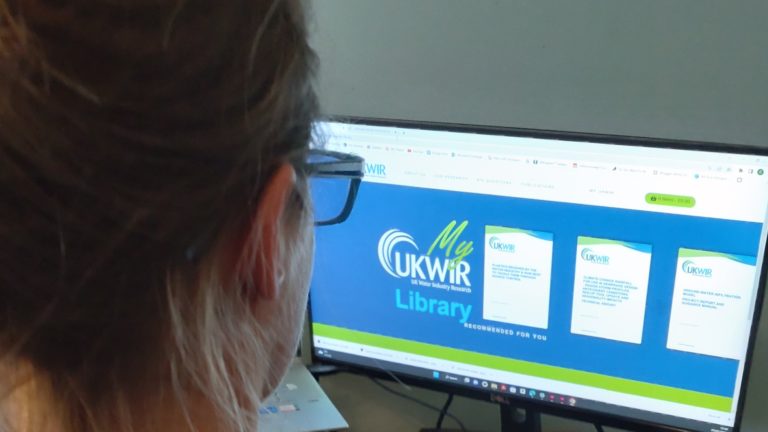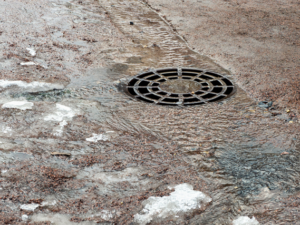UKWIR Gives Access to Hundreds of Water Sector Research Reports

(Image source: UKWIR)
The research covers a broad spectrum of topics crucial to the UK and Irish water industries, such as protecting and improve drinking water quality, through to reducing the industry’s carbon footprint.
In January 2023 the organisation updated its report library and launched a MyLibrary feature on its website to provide new ways to access, organise and share UKWIR’s work - supporting the organisation's ambition to provide open access to its research for members, collaborators, regulators, academics, and other key stakeholders.
Steve Kaye, UKWIR chief executive, said, “Open sharing of data and information plays a significant role in driving collaborative research, innovation and learning across the sector and beyond. It can also help build bridges to new organisations, instigate new partnerships, and spark new ideas.
Our stakeholders and members have said they want us to do more to facilitate this – and I wholeheartedly agree. We want to break down barriers, provide open access to our research and hope this will help catalyse the collaborative energy flowing through the sector – bringing in new voices and ideas to refresh and challenge our thinking.”
Once users have found the relevant report in the library, it can be added to a personalised collection of reports as part of the new MyLibrary feature. This provides quick, easy access to selected reports - which can be used for citation, to access a summary of the project’s findings and recommendations, see the organisations involved in the delivery of the projects and share them via social media and email.
Professor Joby Boxall, Chair of Water Infrastructure Engineering at the University of Sheffield, said, “This change increases opportunities for the academic and research communities to access, share and reuse the output of water industry research across different disciplines. This is a crucial step to enabling more collaborative research and accelerating new discoveries.”
To ensure reports are easily accessible, UKWIR has introduced a new quick-access feature to log into the library using a social media account or email address.
As well as enabling users to build their own report collection, MyLibrary also provides a PDF download option should users wish to read reports offline or print out a hard copy. This carries a £10 charge for non-members and is free to UKWIR’s members.
This is just the first step in opening up UKWIR’s work to non-members. Over the next year, UKWIR is planning several initiatives including hosting lunch-and-learn sessions with water company colleagues to share the outputs of the research platform’s work in a more accessible way, including short videos and webinars.







